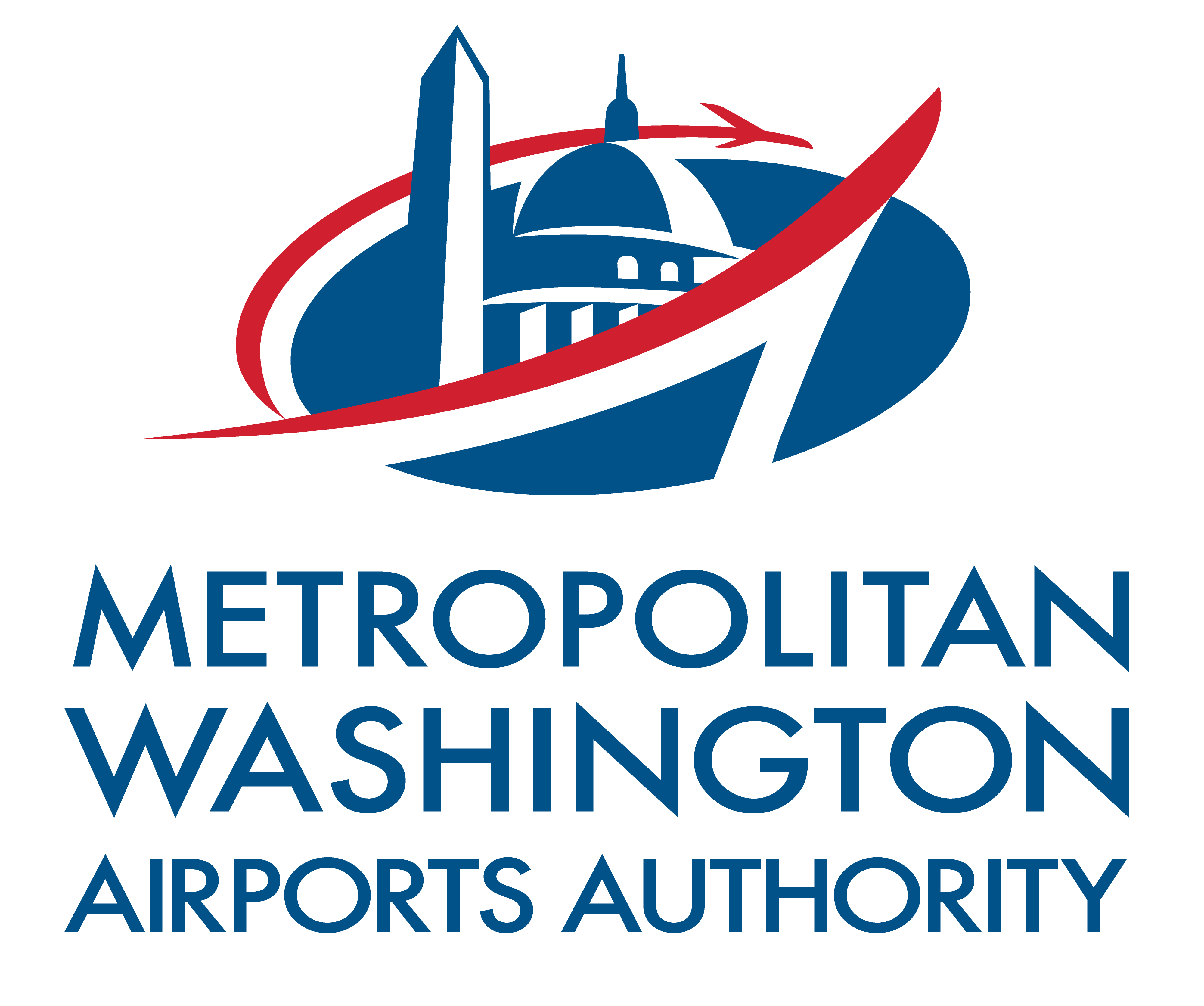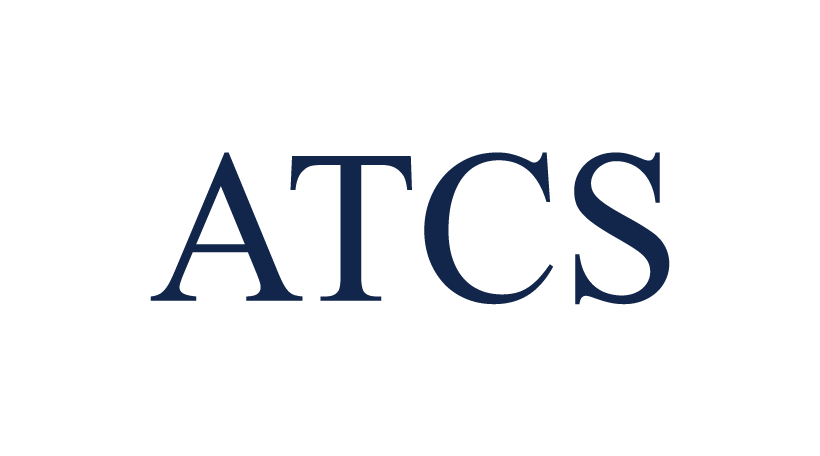Washington, D.C. (January 14, 2016): The unimpeded rays of sunlight penetrating the frigid overnight air at D.C. Water’s First Street Tunnel Project gave clarity to the unfolding scene but not warmth. Many rubbed their hands and most had winter coats on at the gathering of civil engineers for the unveiling of the Report Card for D.C.’s Infrastructure. However, their conversation was not focused on the weather; the cold wind in the open-air venue did not matter. “My heartiest congratulations to the Section for culminating this vital effort today,” Dr. Efimba from Howard University was overheard saying.
Scott Wolf, President ASCE-NCS (2015-16) welcomed the audience and noted, “We are responsible for the design, construction, operation and maintenance of our core infrastructure, such as roads, bridges, water pipes and levees. With that responsibility comes the obligation to periodically assess the overall state of the infrastructure, report on its condition and performance, and advise on steps to improve it.”
Ranjit Sahai, Chair of the 2016 Report Card for D.C.’s Infrastructure committee thanked Chris Manalo, Vice-Chair, and each of the more than dozen active technical members of the committee for their role in bringing the 15-month long process for the development of the Report Card to conclusion. In sharing the findings of the Report, Ranjit noted that D.C.'s Infrastructure received a "mediocre" C- grade. It is of only moderate quality; not very good. Because infrastructure has a direct impact on our lives every day—from the quality of water delivered through taps in our homes, to the condition of school buildings our children attend and to the condition and capacity of the roads and rails we travel on, those living or working in, and those governing D.C.'s infrastructure funding policies must invest adequately to safeguard its role that is vital to our economy, security, recreation, and safety.
George Hawkins, CEO and General Manager of DC Water spoke next. The gist of his message was: ASCE's Report Card initiative is independent, fair, and trust-worthy; He is proud of D.C.'s Drinking Water and Waste Water's C+ grades as those have climbed up from the earlier D- and are better than the national averages; The commitment of the DC Water organization is unwavering in its focus on continuing the climb up the infrastructure grading scale.
D.C. Infrastructure Report Card Committee team members Hari Aamidala, Piers Causton, Todd Graham and Kari Kubista were present at the unveiling of the Report Card. Carol Bailey, Veronica Davis, Jason Levinn, Sebastian Guerrero, Ryan Carey, and Robyn Jackson did not make it to the event.







